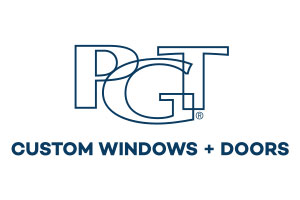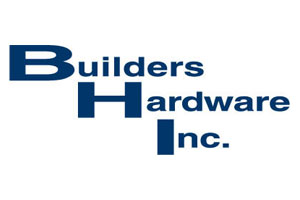How Do Impact-Resistant Doors Differ from Standard Doors?
Impact-resistant doors are specifically designed to withstand hurricane-force winds and impacts from debris that these winds may carry.
Not only do these products have stronger, reinforced frames that are designed to better withstand the elements, but they also have shatter-resistant glass. These doors are specifically designed to prevent shattering as they have two layers of tempered glass bonded to a membrane, generally made of Polyvinyl Butyral (PVB). If the glass breaks, it adheres to the membrane instead of showering dangerous shards of glass inside your home or office. Additionally, HVHZ impact windows and doors are designed to ensure that projectiles do not penetrate the protective system and break the inner layer of glass, helping to improve safety.
While impact doors are designed to withstand much heavier impacts than standard doors, and they undergo extensive testing to ensure that they meet safety standards, impact-resistant glass can break if exposed to particularly extreme conditions. However, unlike traditional glass doors and windows, which can shatter upon impact and send glass flying, impact glass is designed to remain in the frame even if it breaks. This helps to prevent wind, water, and other debris from entering the building, which could potentially lead to catastrophic damage. This means that even if the glass in your impact-resistant doors breaks, you can rest easy knowing that your home is protected.
Impact-resistant doors have grown in popularity because of their ability to protect homes and offices from severe storms such as hurricanes. However, they can also provide a variety of other benefits over standard doors as well such as protection from home invaders, insurance savings, and improved energy-efficiency. Furthermore, due to the benefits they provide, impact-resistant doors can also increase property values.









